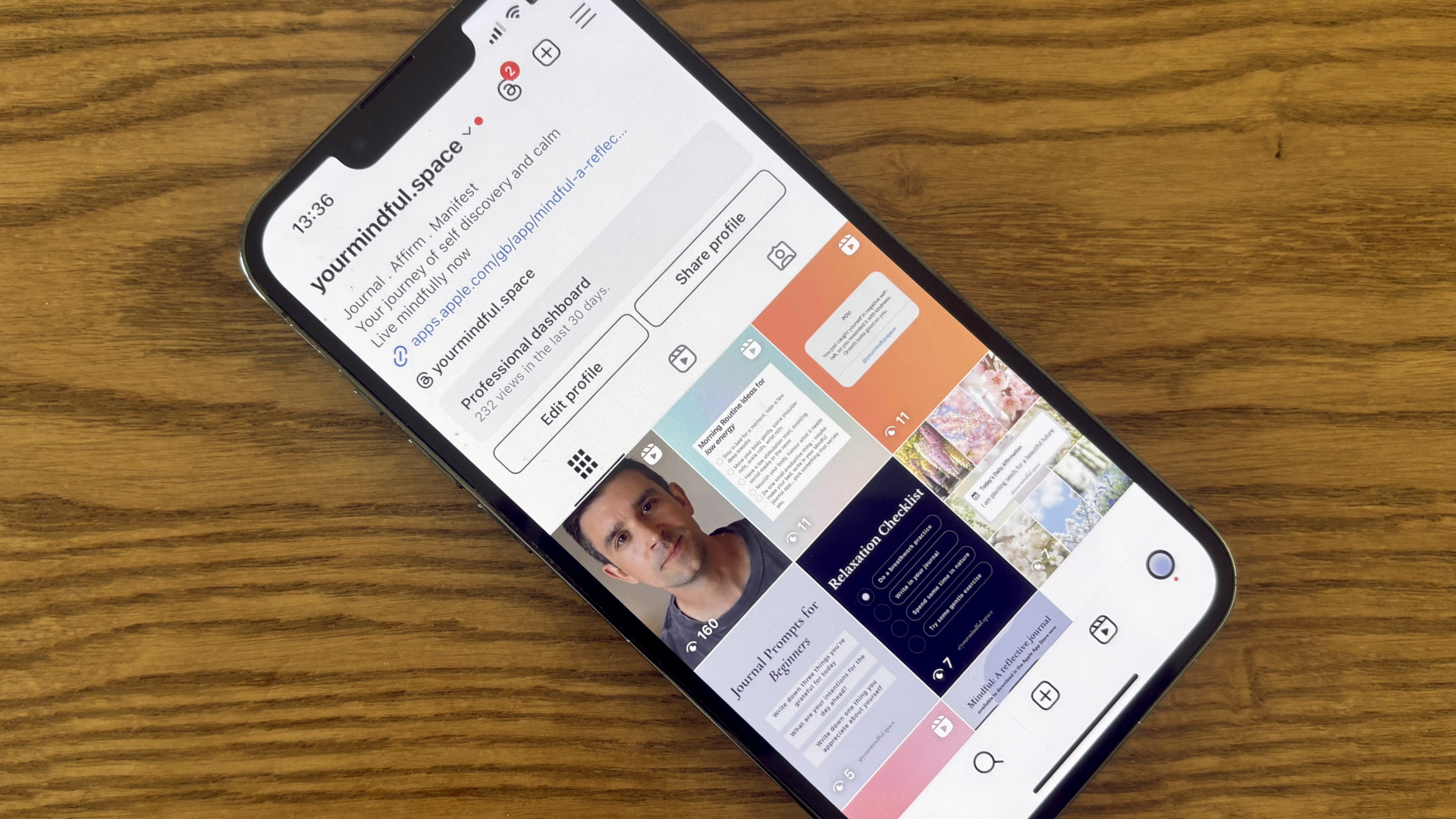
Correlation between technology use and anxiety
That anxious feeling? - Your phone won’t help with that.
In recent years there has been, and you have probably felt, a sharp increase in reported anxiety. 1
This article is not discussing clinical anxiety, but rather the low level ongoing anxiety that so many of us experience day to day.
Being mindful of the feeling of anxiety is a very important first step. This allows you to step out of the emotion itself and become aware that the feeling might not be reality.
There are clear links between excessive phone use, social media and anxiety 23 but it’s hard to break the habit. It feels like everyone is now aware of how harmful technology use can be - but may feel powerless to avoid it.
You may have tried switching to Dumb Phones, or tried to remove technology from your life in other ways. The problem with this approach is if you can’t maintain it, for example needing apps for school, work, parking etc, then you can easily revert to your old ways.
Our approach is to make the technology work for us instead.
It’s really important to acknowledge that the physical items (smartphones, laptops) are not the cause of the addictive behaviours and anxious feelings - it’s the apps, social media, and websites we choose to visit.
Lots of apps on your phone are trying to steal as much of your time and attention as possible - and they learned long ago the best way to make you stick around is to keep feeding content that stimulates your fear response. This is why we have the term FOMO, it’s the Fear part that matters, and the algorithms are tuned to tap into that.
It’s hard in the moment to avoid opening Instagram for just a quick check, particularly now that your brain has been wired to repeat this habit potentially tens or hundreds of times a day. This is the pattern the apps want to enforce, and each time you visit you get a shot of anxiety causing chemicals. Your brain rewards this behaviour because it can’t understand the difference between information that is beneficial to your survival, and information tuned by algorithms to make you feel under attack.
Three ways you can take back control of your technology
1. Setup your device in a way that’s empowering you
Remove the apps that don’t help you - and keep deleting them over and over again if they make it back onto your phone! Use the phones built in Parental Controls and Digital Wellbeing features to your advantage. Remember your emotional response may not be logical, so applying blocks while you are thinking clearly can really help to divert your lizard brain looking for a quick fix.
2. Don’t keep your phone in your pocket, or on display, when you don’t need to
As discussed in this recent video, Michael - one of our founders, discusses how the simple act of putting your phone in another room can dramatically alter your mood.
3. Avoid the algorithmic feed
Instead of browsing social media via your home screen algorithm, try to use social media intentionally. Use the search function to research topics of interest to you, and build a subscription feed of curated content you want to see, rather than relying on the algorithmic feed to decide for you. Hide suggested content on apps that allow it, such as Reddit and Instagram.
Your home feed is designed to grab your attention as soon as you open an app, or visit a website. When you surf the Discover feed on Instagram, or swipe through TikToks, the feed is specifically designed to address your subconscious. A chilling research study conducted back in 20174 showed that by showing study participants subliminal images that remained on the screen for just 20milliseconds - too fast for the conscious brain to perceive anything had happened - the researchers were able to alter people’s perception about their own body.
Footnotes & References
Footnotes
https://www.who.int/news/item/02-03-2022-covid-19-pandemic-triggers-25-increase-in-prevalence-of-anxiety-and-depression-worldwide ↩
https://www.kcl.ac.uk/news/teens-with-problematic-smartphone-use-are-twice-as-likely-to-have-anxiety-and-many-are-eager-to-cut-down ↩
https://www.sciencedirect.com/science/article/pii/S0022103116308447 ↩